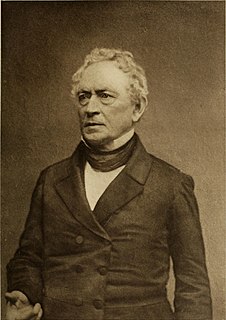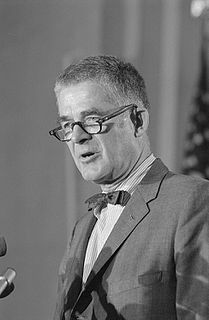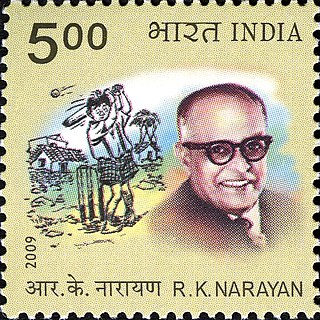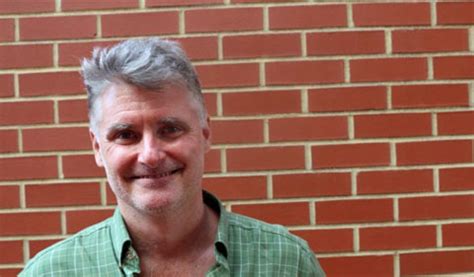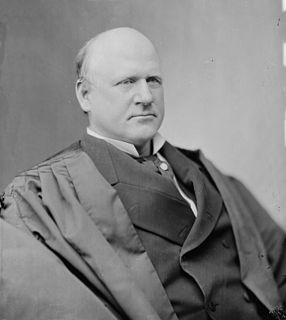A Quote by Edward Everett
It was appointed by law in Athens, that the obsequies of the citizens who fell in battle should be performed at the public expense, and in the most honorable manner.
Related Quotes
There is all the difference in the world between the criminal's avoiding the public eye and the civil disobedience's taking the law into his own hands in open defiance. This distinction between an open violation of the law, performed in public, and a clandestine one is so glaringly obvious that it can be neglected only by prejudice or ill will.
A free society depends upon a high degree of mutual trust. The public will not give that trust to officials who are not seen to be impartially dedicated to the general public interest, nor will they give trust to those high in government who violate the rule of law they ask citizens to obey at the expense of self-interest, or to those who present government as the place where one feathers his own nest, [or] exchanges favors with friends and former associates.
Revealingly, the central function of the Constitution as law--the supreme law--was to impose limitations not on the behavior of ordinary citizens but on the federal government. The government, and those who ran it, were not placed outside the law, but expressly targeted by it. Indeed, the Bill of Rights is little more than a description of the lines that the most powerful political officials are barred from crossing, even if they have the power to do so and even when the majority of citizens might wish them to do so.
A democratic public forms when citizens gather together to deliberate and make public judgments about local and national issues that affect their lives. By associating together for public discussion, citizens learn the skills necessary for the health of a democratic public; listening persuading, arguing, compromising, and seeking common ground. When these skills are nurtured within the institutions of a democratic public, citizens educate themselves in order to make informed political decisions.
The tea ceremony requires years of training and practice ... yet the whole of this art, as to its detail, signifies no more than the making and serving of a cup of tea. The supremely important matter is that the act be performed in the most perfect, most polite, most graceful, most charming manner possible.
Contemporary political theorists continue this type of thinking about democracy by arguing that the development of "public judgment" among regular citizens should be made the central concern of modern politics. Public judgment, in the words of Benjamin Barber, is a function of commonality that can be exercised only by citizens interacting with one another in the context of mutual deliberation and decision.
...if the citizens neglect their Duty and place unprincipled men in office, the government will soon be corrupted; laws will be made, not for the public good so much as for selfish or local purposes; corrupt or incompetent men will be appointed to execute the Laws; the public revenues will be squandered on unworthy men; and the rights of the citizen will be violated or disregarded.
Of one man in especial, beyond anyone else, the citizens of a republic should beware, and that is of the man who appeals to them to support him on the ground that he is hostile to other citizens of the republic, that he will secure for those who elect him, in one shape or another, profit at the expense of other citizens of the republic. It makes no difference whether he appeals to class hatred or class interest, to religious or anti-religious prejudice. The man who makes such an appeal should always be presumed to make it for the sake of furthering his own interest.
Copyright law has got to give up its obsession with 'the copy.' The law should not regulate 'copies' or 'modern reproductions' on their own. It should instead regulate uses--like public distributions of copies of copyrighted work--that connect directly to the economic incentive copyright law was intended to foster.
The religious cant that will send American troops into battle is perhaps the most sickening aspect of this surreal war-to-be. Bush has an arm-lock on God. And God has very particular political opinions. God appointed America to save the world in any way that suits America. God appointed Israel to be the nexus of America's Middle Eastern policy, and anyone who wants to mess with that idea is a) anti-Semitic, b) anti-American, c) with the enemy, and d) a terrorist.
The necessaries of life occasion the great expense of the poor. They find it difficult to get food, and the greater part of their little revenue is spent in getting it. The luxuries and vanities of life occasion the principal expense of the rich, and a magnificent house embellishes and sets off to the best advantage all the other luxuries and vanities which they possess ... It is not very unreasonable that the rich should contribute to the public expense, not only in proportion to their revenue, but something more than in that proportion.
